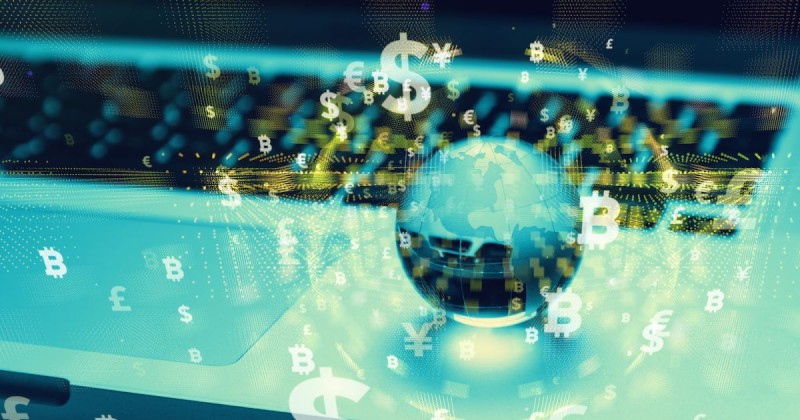Big IT corporations are rarely found wanting for price fixing, stifling competitors, or misusing data; nonetheless, it may take years before they make a payment.
AFP was informed by Ireland’s data regulator that Meta had not made any payment toward the two billion euros ($2.2 billion) in fines that have been imposed since last September. In addition, TikTok owes hundreds of millions.
According to Luxembourg’s data regulator, Amazon is still defending itself against a 746 million euro fine from 2021, AFP reported.
Google continues to contest over eight billion euros in fines imposed by the EU for abusing its dominant market position in 2017 and 2019.
Apple was fighting for years to overturn a ruling requiring it to pay Ireland 13 billion euros in taxes and a 1.1 billion euro antitrust fine from France.
The issue is persistent, worldwide, and affects all sizes of tech companies-not just the Big Four.
Australia confirmed this week that X (formerly Twitter) had not paid a fine for neglecting to provide a plan for eliminating content that showed child sexual assault; nonetheless, X is now suing back.
Critics argue that more extreme measures are needed because fining tech giants does not discourage their unethical behavior.
The Centre for Research on Multinationals, a Dutch NGO, employs researcher Margarida Silva. Silva notes that tech companies have long taken pride in their reputation for “disruption”.
“Not paying the fines fits in with the way we’ve seen big tech companies challenge pretty much any enforcement of rules against them,” stated Silva.
“Even if the company ultimately loses, by that point they will have dragged the administration through years and years of expenditure.”
She claimed that this distinguishes the tech sector from others like finance, where there is still a need to make payments in order to appease investors and the general public.
However, Romain Rard, a lawyer at Paris’s Gide Loyrette Nouel, asserted that it made sense for businesses to attempt to challenge significant fines.
“It’s not as if companies can just ignore the fine, challenge decisions and hope for the best that they can get away without having to pay anything,” he stated to AFP.
Additionally, the semiconductor companies Intel and Qualcomm have recently had billion-dollar EU antitrust fines overturned or significantly reduced upon appeal, marking significant victory for the businesses.
Europe’s approach differs from that in places like China or the US, where fines are frequently declared as settlements at the conclusion of protracted proceedings.
In response to the Cambridge Analytica incident, Facebook paid the Federal Trade Commission (FTC) a record $5 billion fine in 2019.
Furthermore, in 2021, the e-commerce giant Alibaba informed investors that it had promptly paid Chinese regulators a record-breaking penalties of about $3 billion.
Financial sanctions, according to activists, won’t make much of an impact since these firms are simply too wealthy.
Max Schrems, an Austrian lawyer who has actively worked for data rights throughout Europe, claimed that the problem was made worse by the inconsistent enforcement of the laws.
He claimed that the corporations were given excessive latitude in their appeals procedures by the Irish Data Protection Commission, and that the fines imposed were excessively minimal.
Ireland’s deputy data protection commissioner, Graham Doyle, defended his office’s record and claimed fines were only one aspect of the situation in an interview with AFP.
“With the vast majority of these investigations that we’ve finalised, whilst the fines tend to generate the most publicity, we have also imposed corrective measures,” he stated.
He brought attention to an inquiry into Instagram’s management of child data.
Doyle emphasized that although the 405 million euro fine is presently being appealed, the platform had previously resolved the original issue.
Activists agree that penalties are only a portion of the answer.
Silva contended that competition authorities ought to take the lead instead of playing about with monetary fines.
She urged them to put an end to takeovers and mergers in the industry going forward and repair the harm done in the past, even if it meant dismantling the businesses.
“The problem of Meta would be entirely different if it hadn’t been allowed to buy Instagram and WhatsApp,” she stated.
AFP is asking for an answer from Meta.
Topics #billions #Companies #Fines #Google #Meta #news #Penalties #X










